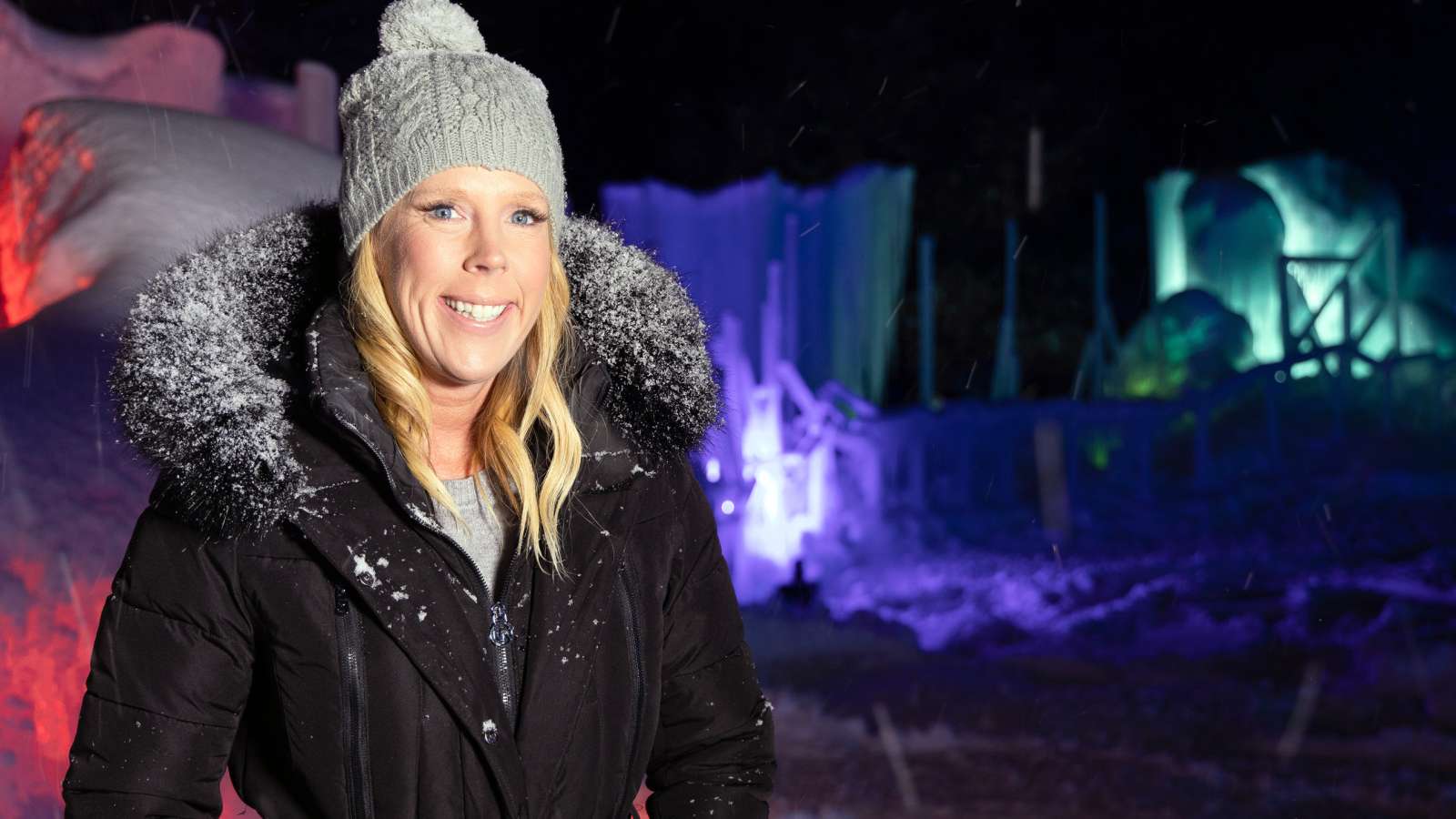With more than 20 years of experience with the National Weather Service, including a stint as acting deputy chief of staff, meteorologist Lisa (Strehlow) Schmit still chuckles when she hears the inevitable, “Who else can get away with being right only 50% of the time?”.
Schmit (’01 meteorology) obliges with a laugh, but her science has always been about one very serious mission – protecting human life during severe weather events.
“The accuracy of our five-day forecast today is what our two-day forecast was 20 years ago,” says Schmit, a task force co-lead for the service’s Office
of Organizational Excellence. “As our science gets better, we need to bring human response with it. We’re increasingly able to give people more and more warning – it’s the human response we continue to work with social scientists to improve.”
That’s something she began to understand while an undergrad. She gained insight to human behavior in sociology courses and communicating science via journalism classes. She found her meteorology professors to be an encouraging, positive influence and developed an interest in philanthropy through her sorority Sigma Kappa, of which she served as president. Schmit grew up on a hobby farm near the Twin Cities and always had an awe for weather and an interest in helping others.
“Our recent efforts on Wet Bulb Globe Temperature forecasts have the potential to improve health and safety for athletes, construction workers, marching bands, gardeners – anyone who spends time outdoors in the heat,” she says.
Wet Bulb Globe Temperature estimates the effect of temperature, relative humidity, wind speed, and solar radiation on humans. Schmit’s research found it the most effective parameter to measure risk for those active in the heat. As a result, she led the implementation of Wet Bulb Globe Temperature fore-casts nationwide.
Schmit has also been heavily involved with the Weather-Ready Nation Ambassador initiative connecting the vast network of federal, state, and local government agencies; researchers; media; nonprofits; and private industry to help the nation become more resilient to extreme weather, water, and climate events.

